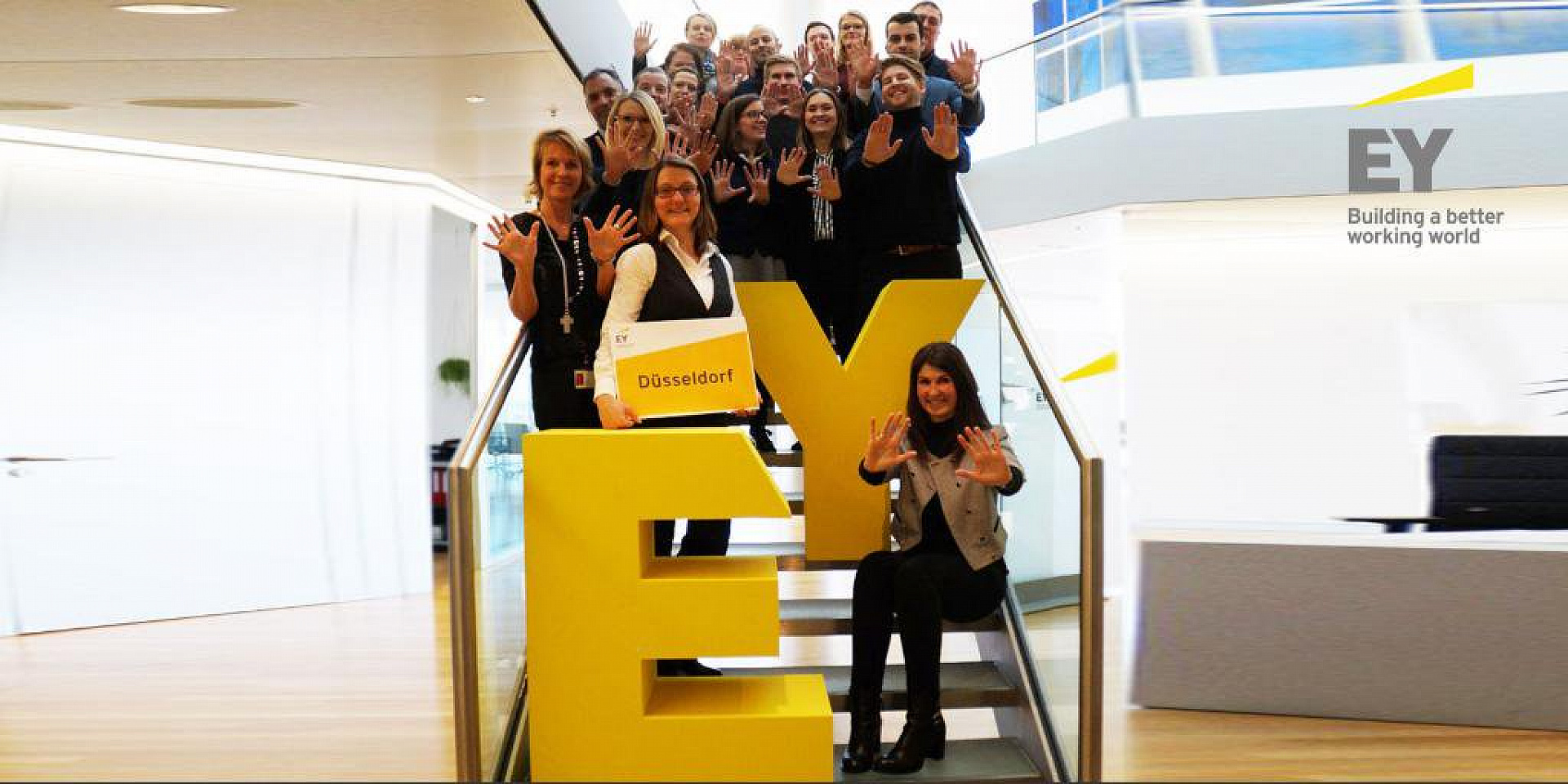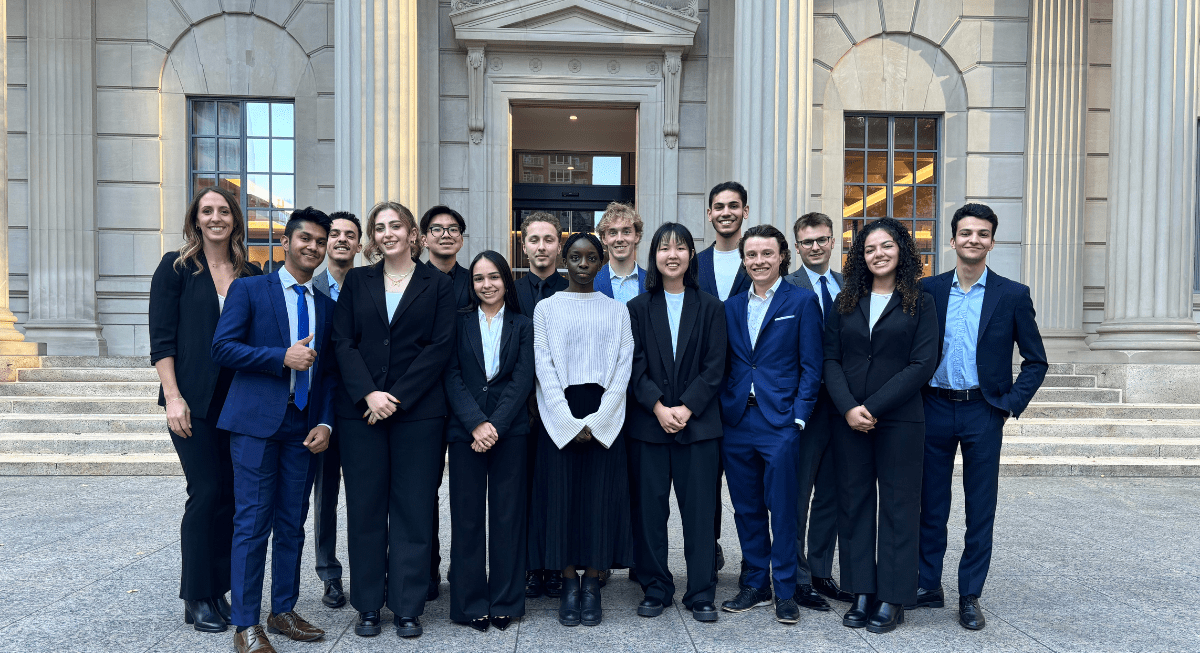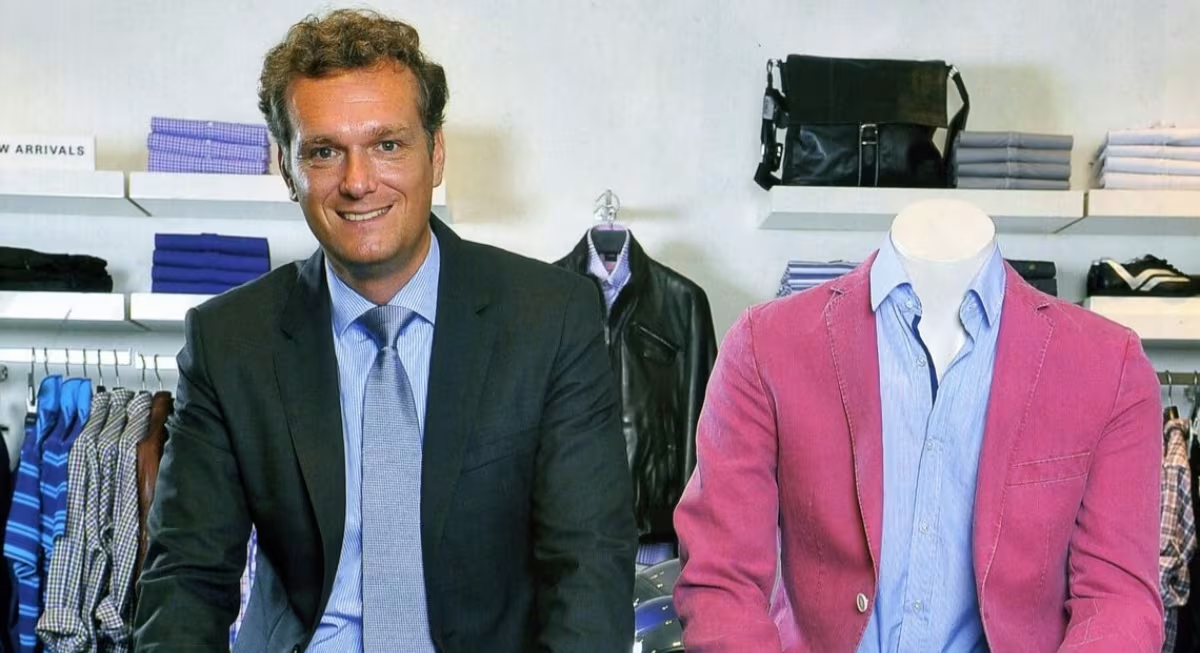
by Ayaan Virani
Guest Blogger
“I’d really love to go abroad for an extended period of time, but I’m just a poor student with no money.”
I can’t tell you how many times I’ve heard people say that, myself included. It’s almost as if being a student and travelling abroad are mutually exclusive. However, there is a way to get around this barrier. Doing a work term or finding a job in a foreign country! There is hard work involved, but with persistence and motivation, you will be rewarded.
By doing a work term abroad, you’ll have the chance to not only collect work experience but more importantly make memories for a lifetime! For a long time, I had wanted to visit Germany, but due to CO-OP removing any possibility of a vacation, I had always thought that I would only ever get to go there on exchange and even then only if I received my first choice of university. Thanks to my program (International Management) I am obliged to go on an exchange, which is a fantastic thing, but for a lot of students in other commerce options, that is not an option.
Now, you might be asking, how do I find postings in a different country all the way here from Canada? Simple! Use Google! There are a number of firms which operate in countries all over the globe such as Deloitte, EY and KPMG among many others. For example, when I was looking for potential internship options in Germany, I simply googled, “(Company Name) Deutschland (Germany) Karriere”. If you wanted France, you’d use the same principle but with “France” and “carrière”. I also googled search terms like “Biggest Swiss banks”or “Biggest German companies”. These yielded a lot of results and often the websites of these companies had special options for students looking for an internship.
Following this, you’ll have to sort using parameters so that you find a job in your field of study (ex: Finance). There are usually checkboxes for that. Then, you will have to read over all the job postings and bookmark those that you would like to apply for. Here, you will find potentially the biggest hurdle to your candidacy. A lot of jobs require that you speak the local language and in any case, knowing the language of the country you wish to work in, as well as English is a huge asset. If you know English and French, a number of countries, such as France and the UK, among others, are already fully open to you. If you wish to apply to countries like Spain or Italy, it will obviously be required in a number of positions where you speak either Spanish or Italian to a decent level. If you are willing to put in the work, you would definitely be helping your chances.
After you have found the jobs that are right for you and that you want to apply to, you have to first rewrite your resumé in the accepted format of the country you wish to work in. For example: In Germany, one hardly uses more than a few words for each experience/activity and includes a photo in their resumé. These things are not usually the norm in Canada or in other countries. Therefore it is important to google the accepted resumé format and structure it accordingly. Sometimes, it might be necessary to use the local language for your application and it is quite likely that there will be errors. However, one can find help right at home in Ottawa. Usually, there are a number of exchange students studying at Telfer at any given time, and one can meet them at the events hosted by Telfer International. They can help you with the structure of your résumé and correct any mistakes. The second step is to write a cover letter following the right format and tailored to the job. Again, it would be ideal if you were able to get the help of a local so that your cover letter is ready for the job.
Based on my (German) experience, it is usually also necessary to include proof that you graduated high school and that you’re currently enrolled as a university student. If the country you are applying to requires that you have your résumé written in another language, include your English resumé anyway because of the fact that a lot of the job postings clearly state that good English language skills are a huge asset.
Once you have all the required documents, go ahead and submit your application. I had to wait 1-2 weeks for responses from the companies, so it is necessary to be patient and not dwell on it. It is also important that you be prepared for a lot of rejections. A lot of the time, companies will prefer local candidates or have a host of other reasons for not taking you on. The main point here is that you will most likely not succeed immediately. However, that is not necessarily a bad thing. Staying persistent and not giving up is key. My personal interview to total job applications submitted ratio was about 1:20. Despite this, I never gave up and I got the chance to interview with Ernst and Young Germany. So remember, keep working hard and you will get the reward you deserve.
Interviews will depend on the position you are applying for, but based on my experience, my interview with EY was quite similar to interviews I had previously had in Canada.
Following the interview, I was notified that I had gotten the job that I had applied for (International Tax Reporting -Transfer Pricing) and I am going to be heading to Germany for my first co-op term in May 2019! I hope my experience was helpful and that it gives you the spark you need to start blazing your own trail in the world!











